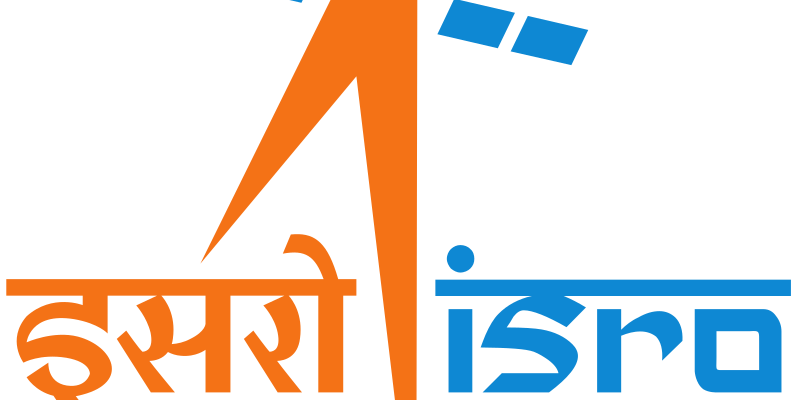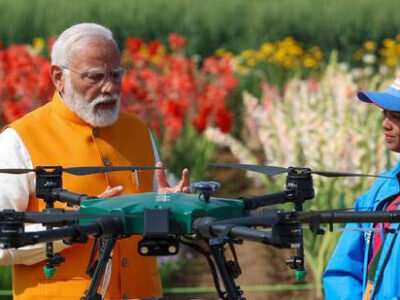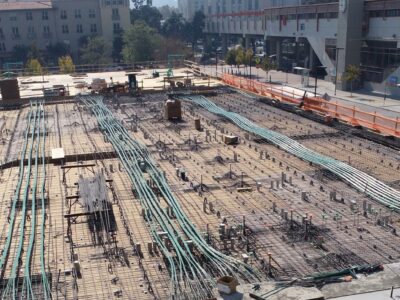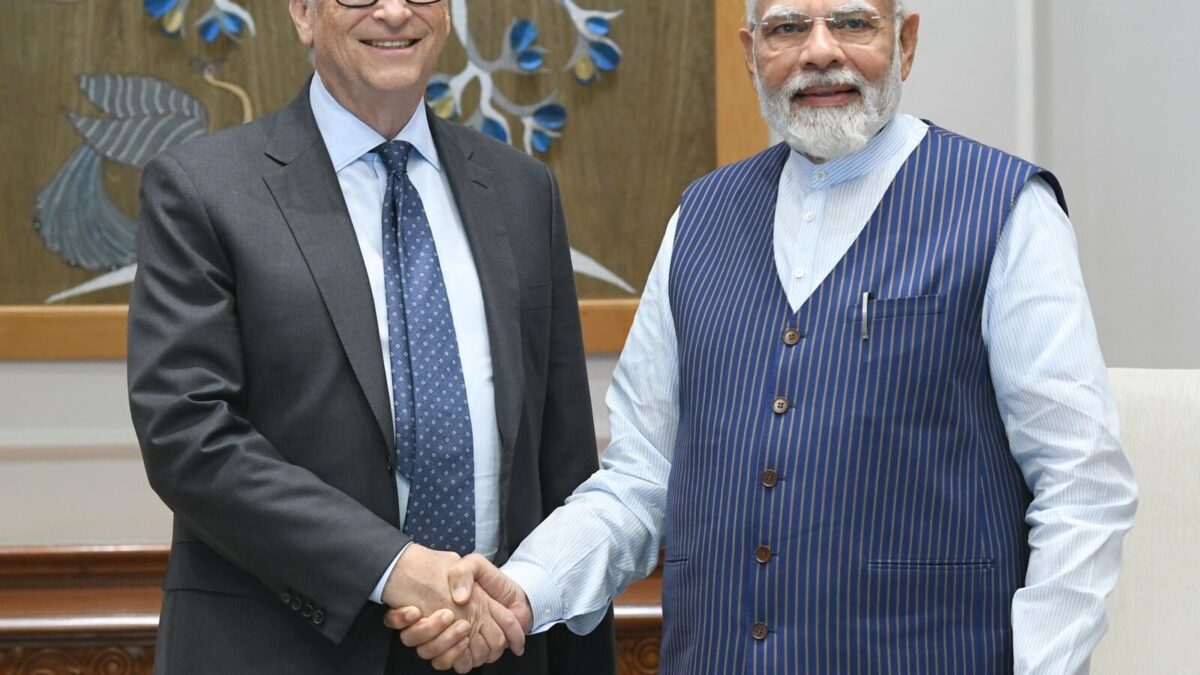
India’s POEM-3: A Trailblazer in Cost-Effective Space Exploration
India’s space exploration endeavors have reached a new pinnacle with the successful completion of the POEM-3 mission, a testament to the country’s growing prowess in space technology. Launched on January 1, 2024, aboard the PSLV-C58 vehicle, POEM-3, the PSLV Orbital Experimental Module-3, has been a focal point of interest for its innovative approach and cost-effective design.
Innovative Utilization of the Spent PS4 Stage
A significant highlight of the mission was the ingenious use of the spent PS4 stage of the PSLV-C58 vehicle, which not only optimized resources but also exemplified India’s commitment to sustainable space exploration. The mission’s primary objective, deploying the XPoSat into a 650 km orbit, was flawlessly executed. Subsequently, the module was repositioned to a 350 km circular orbit, a strategic move to expedite the orbital decay post-experimentation.
Remarkable Achievements and Advanced Capabilities
POEM-3 stands out with its advanced three-axis-attitude control system, power generation, and robust telecommand & telemetry capabilities. These features enabled the seamless operation of multiple payloads, marking a significant stride in space technology. As of its 25th day in orbit, POEM-3 had impressively completed 400 orbits, with its trajectory measuring approximately 322 km by 352 km. The module is projected to sustain its orbital path for an additional 73 days before re-entering the Earth’s atmosphere.
Collaboration and Payload Success
The module’s journey was enriched by the inclusion of nine diverse payloads from esteemed organizations such as VSSC, PRL, academia, and innovative space startups, inducted through IN-SPACe. The successful execution of experiments like ARKA200 (Xenon Based Electric Propulsion) and RUDRA (HAN based Green Propellant Thruster) by Bellatrix, and LEAP-TD by Dhruva Space, underscored the mission’s accomplishment. Additionally, POEM-3 facilitated vital data collection for a range of experiments, including WeSAT, BeliefSat0, RSEM, and DEX, proving the versatility and effectiveness of the payloads.
Setting a Precedent for Future Missions
With POEM-3, ISRO has not only achieved all its set objectives but has also laid the groundwork for future explorations. The mission’s success sets the stage for more ambitious projects, including upcoming POEM configurations. Moreover, ISRO’s commitment to a sustainable future is evident as the PSLV-C58 XPoSat mission concludes without leaving any debris in space.
In the saga of India’s space exploration, POEM-3 emerges as a shining example of innovation, collaboration, and environmental responsibility. It paves the way for more groundbreaking missions, cementing India’s position as a leader in cost-effective and sustainable space technology.









